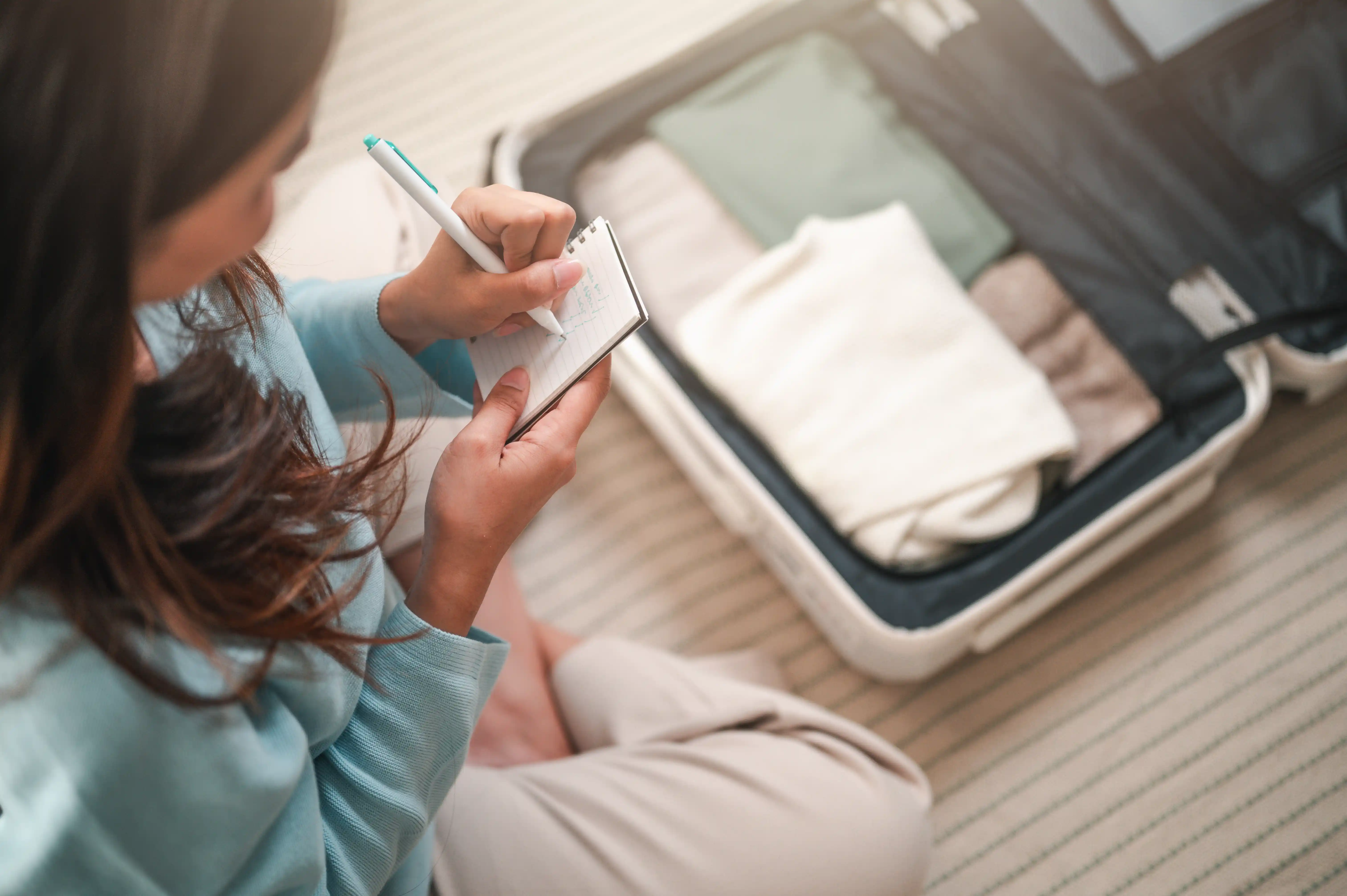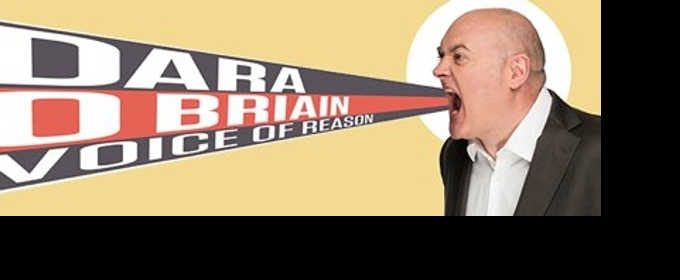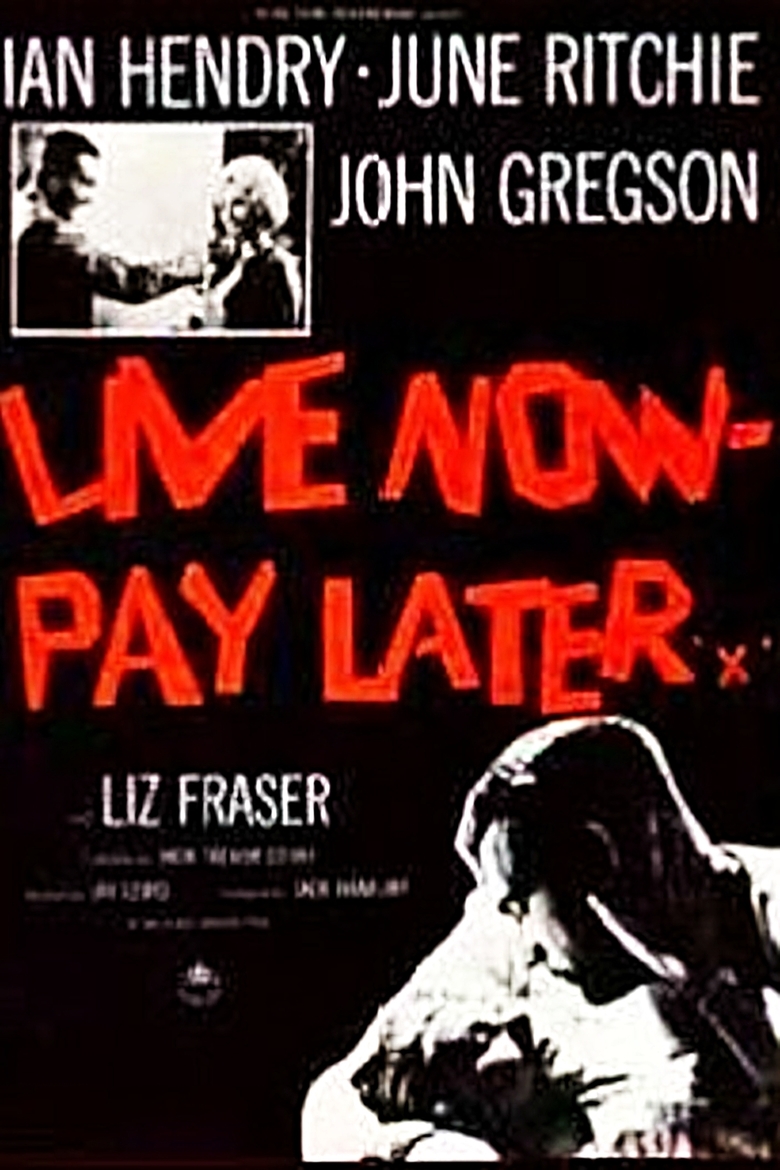Ticketmaster Scam Alert: How To Spot And Avoid Fake Ticket Sellers

Table of Contents
Recognizing Red Flags of Fake Ticket Sellers
Scammers employ various deceptive tactics to lure unsuspecting buyers. Learning to recognize these red flags is your first line of defense against Ticketmaster scams.
Unusually Low Prices
The most obvious red flag is a price significantly below market value. If a ticket for a highly anticipated event is drastically cheaper than similar tickets on legitimate platforms, proceed with extreme caution.
- Examples: A $200 concert ticket listed for $20, or a premium seat offered at a fraction of its usual price.
- Why it's a scam: Scammers offer unbelievably low prices to entice victims quickly, hoping to capitalize on the allure of a great deal before the buyer can notice anything suspicious. Always compare prices across multiple legitimate ticket resale sites and the official Ticketmaster website before making a purchase.
Pressure Tactics
Legitimate ticket sellers don't need to pressure you into an immediate purchase. Aggressive sales tactics are a major red flag.
- Examples: "Limited-time offer," "Last tickets available," "Buy now or miss out!" and demands for immediate payment.
- Why it's a scam: Scammers create a false sense of urgency—fear of missing out (FOMO)—to prevent you from verifying the legitimacy of the seller or the tickets. Take your time; don't rush into a decision based on pressure.
Unsecured Payment Methods
Never use payment methods that offer little to no buyer protection. This is a classic tactic used in Ticketmaster scams.
- Examples: Wire transfers, prepaid debit cards, or payments through untrusted apps outside of secure, established platforms.
- Why it's a scam: These methods offer virtually no recourse if the tickets are fake or if you never receive them. Scammers prefer these options because they’re difficult to trace. Always use secure payment gateways, such as those offered directly through the Ticketmaster platform.
Suspicious Websites and Emails
Fake websites and phishing emails are expertly designed to mimic legitimate Ticketmaster communication.
- Examples: Poor website design with grammatical errors, unusual email addresses (not ending in @ticketmaster.com), requests for personal information outside of secure forms, and generic, non-personalized communication.
- Why it's a scam: These tactics are designed to steal your personal information, credit card details, or trick you into paying for fake tickets. Always verify website legitimacy by checking for "HTTPS" in the URL and reading customer reviews. Be wary of emails asking for sensitive information; contact Ticketmaster directly to confirm the email's authenticity.
Safe Ticket Purchasing Practices
To avoid Ticketmaster scams, adhere to these safe ticket purchasing practices.
Buy Directly from Ticketmaster
The safest way to purchase tickets is directly from the official Ticketmaster website or app.
- Advantages: Secure payment processing, buyer protection, guaranteed tickets, and access to Ticketmaster's customer support.
- Detailed explanation: Ticketmaster's official platform is designed to protect both buyers and sellers. Their secure payment gateways ensure your financial information is safe, and their buyer protection programs offer recourse if something goes wrong.
Utilize Ticketmaster's Verified Fan Program
The Verified Fan program helps prevent bots and scalpers from purchasing large quantities of tickets, making tickets more readily available to genuine fans.
- Benefits: Increased chances of securing tickets, fairer ticket distribution, and reduced exposure to scams.
- How it works: The program uses a registration process to identify legitimate fans and limit the number of tickets an individual can purchase, thereby preventing scalpers from monopolizing the supply.
Beware of Third-Party Resellers
While some third-party resale platforms may be legitimate, they also carry significant risks.
- Risks: Counterfeit tickets, inflated prices, no buyer protection, and potential for scams.
- Why it's safer to stick with Ticketmaster: Buying from the official source minimizes the risks associated with fraudulent sellers and counterfeit tickets.
Check Ticket Authenticity Before the Event
Before heading to the event, carefully examine your tickets for any signs of fraud.
- How to spot fake tickets: Blurry printing, inconsistencies in barcodes, mismatched information, or tickets that feel unusually thin or flimsy.
- What to do if you suspect your ticket is fake: Contact Ticketmaster immediately. Report the fraudulent seller and the fake tickets.
Conclusion
Protecting yourself from Ticketmaster scams requires vigilance and informed decision-making. By recognizing the red flags of fraudulent ticket sellers, utilizing safe purchasing practices, and verifying ticket authenticity, you can significantly reduce your risk of becoming a victim. Remember to always buy directly from Ticketmaster whenever possible, utilize the Verified Fan program, and be wary of unusually low prices and pressure tactics. Report any suspicious activity to Ticketmaster immediately. Stay vigilant and enjoy your events!

Featured Posts
-
 Z Cars On Talking Pictures Tv A Nostalgic Look Back
May 30, 2025
Z Cars On Talking Pictures Tv A Nostalgic Look Back
May 30, 2025 -
 Gebrakan Baru Rm Bts Nominasi Artis K Pop Favorit Amas 2025
May 30, 2025
Gebrakan Baru Rm Bts Nominasi Artis K Pop Favorit Amas 2025
May 30, 2025 -
 Ticketmaster Y Setlist Fm Planifica Tu Experiencia Concierto Perfecta
May 30, 2025
Ticketmaster Y Setlist Fm Planifica Tu Experiencia Concierto Perfecta
May 30, 2025 -
 Dara O Briains Voice Of Reason Dissecting Current Events With Wit
May 30, 2025
Dara O Briains Voice Of Reason Dissecting Current Events With Wit
May 30, 2025 -
 Live Now Pay Later Is It Right For Your Budget
May 30, 2025
Live Now Pay Later Is It Right For Your Budget
May 30, 2025
